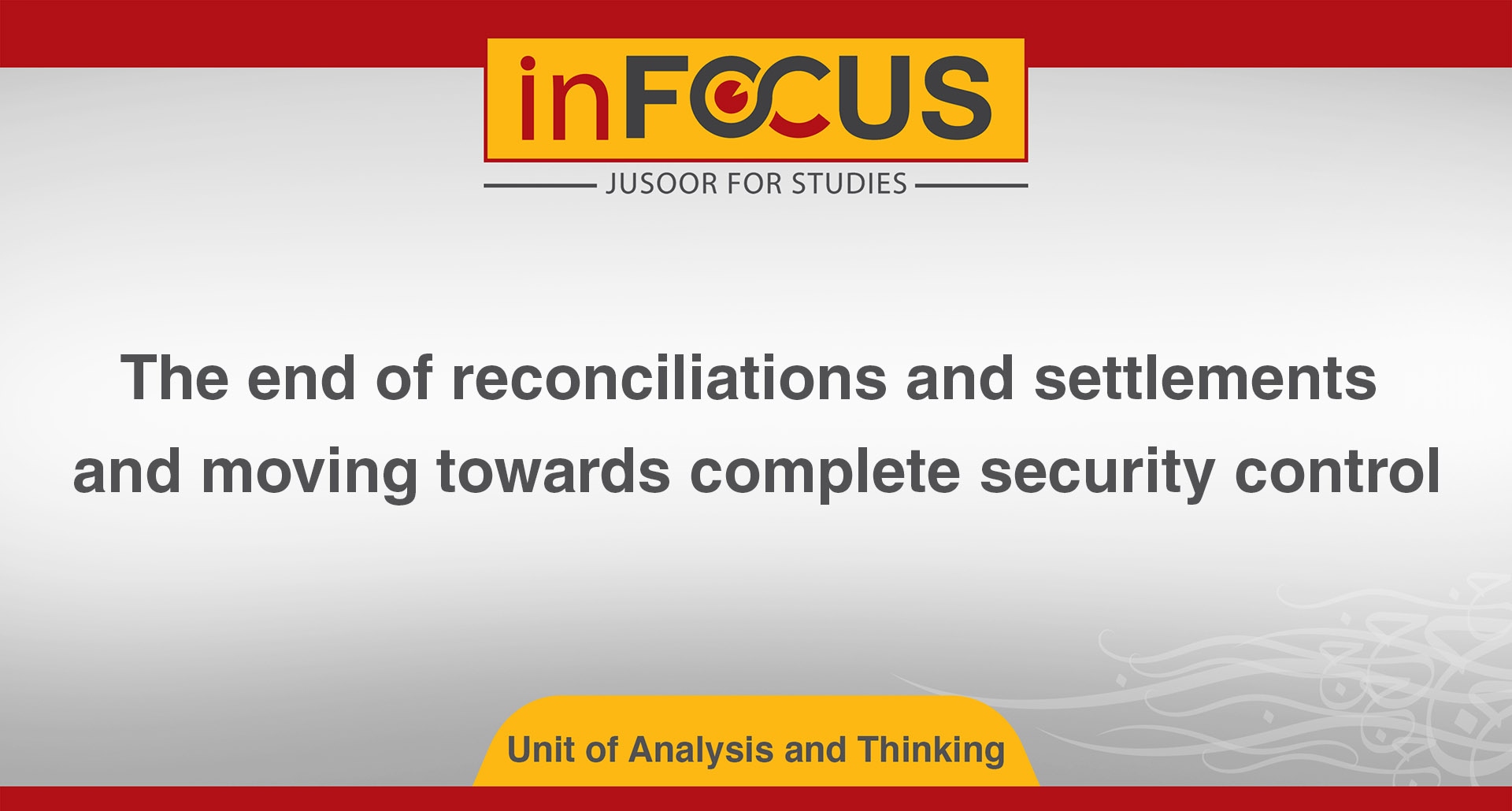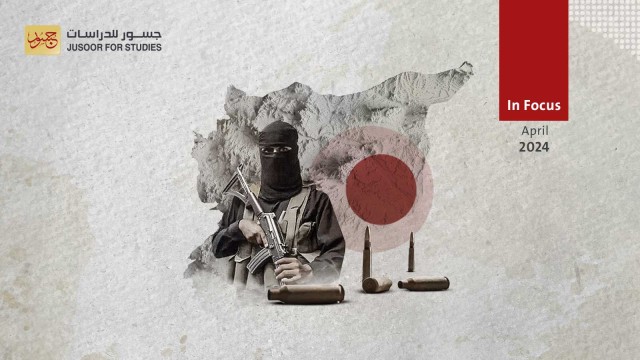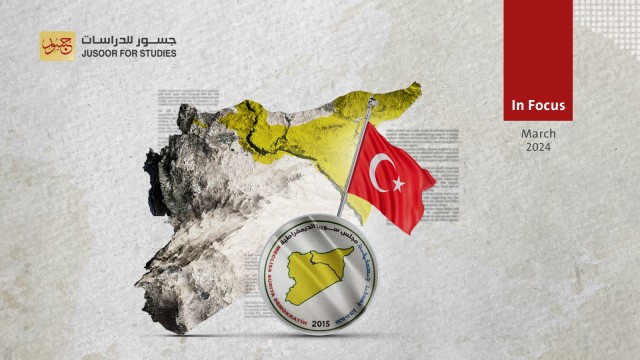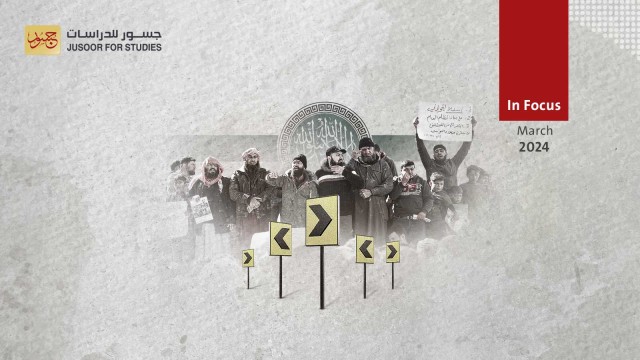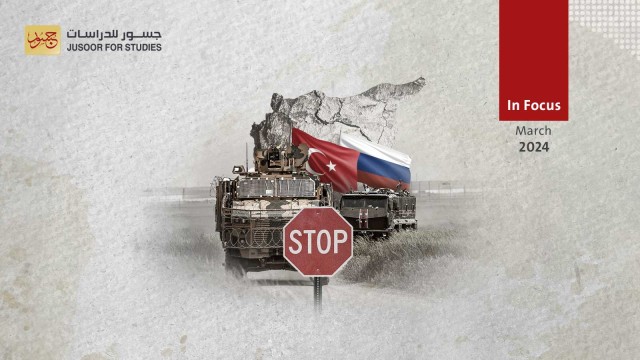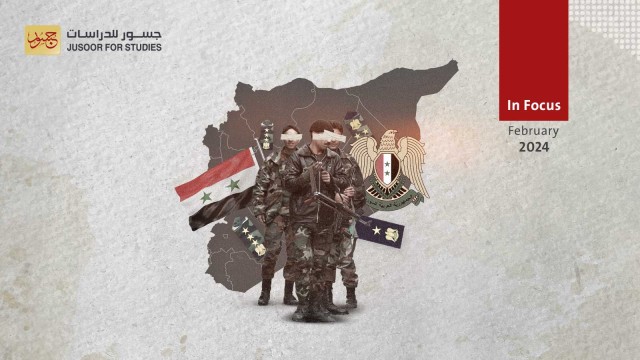The end of reconciliations and settlements and moving towards complete security control
In Focus | The end of reconciliations and settlements and moving towards complete security control
On the evening of Thursday, October 22, 2020, an explosive device targeted a car carrying the sheikh Muhammad Adnan Afiouni, the Mufti of Damascus and its suburb, and Adel Mesto, the head of the Reconciliation Committee in Qudsaya in Damascus’ western countryside, killing them both.
At this time, no party has yet to claim responsibility for the operation; however, it is remarkable that such a sensitive assassination was carried out on the same day that the Syrian People’s Assembly voted to cancel the reconciliation commission. The timing of the assassination opened the door to widespread speculation about the perpetrator of the operation, the messages it sent and the aim of the assassination.
It is worth noting that reconciliation processes were originally an Iranian idea proposed at the beginning of 2012. Alongside its military support for the regime, the Iranians sought to achieve as many reconciliations as possible, but, failed to achieve any real achievements in this regard. Russia subsequently developed this strategy, supporting it with social factors in parallel with military pressure and the stalemate of the political movement. The alignment of these factors was the most prominent influence in the signing of various settlement agreements in different areas including Daraa, Damascus and Damascus suburbs.
The context surrounding the reconciliation process and the assassinations of key figures who contributed to their realization, whether by the regime or the opposition factions, indicates a shift in approach towards closing the reconciliation file. This shift is followed by the expansion of the security circle as well as supporting and strengthening the Iranian sponsored wings in the security and military apparatus within the regime with the aim of promoting Iranian interests and expand its sphere of influence on various internal files.
It is likely that the assassinations targeting reconciliation figures will affect the establishment and consolidation of a new network of beneficiaries on the Iranian side, whether from a religious, security or social side. It will undoubtedly benefit Iran’s social entrenchment policy, strengthening its military presence and cementing demographic changes in the reconciliation area that constitute strategic priorities for Iran. This especially the case for Damascus and its environs, Daraa and Quneitra governorates which are close to the borders of the occupied Golan.
The Russian led settlement and reconciliation processes have not been fully realized in the manner agreed upon, as the security and military parties loyal to Iran have caused escalations undermining the agreements. Perhaps the last of these escalations is targeting one of the most prominent figures of the reconciliation in Damascus and its countryside which indicates that these parties seek to close this file and strengthen security control.
Unit of Analysis and Thinking - Jusoor for Studies
To visit the English Telegram channel: Click here

